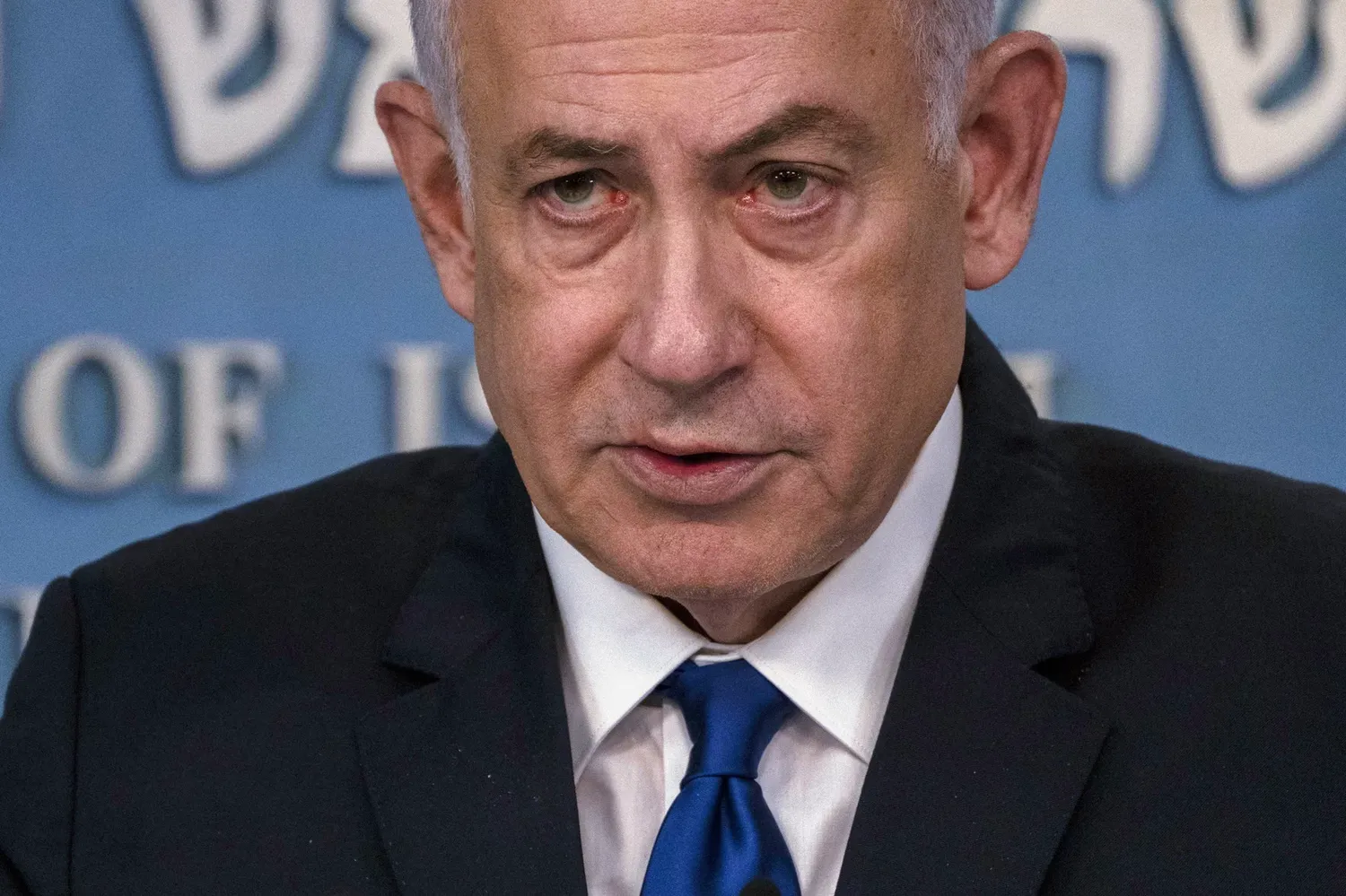Israel-Gaza War
Israel Set to Invade Rafah Regardless of Hostage Negotiations Outcome
The Israeli Prime Minister Benjamin Netanyahu has declared that Israel will proceed with its planned military invasion of Rafah, a city in the southern Gaza Strip, irrespective of the outcome of ongoing hostage negotiations with Hamas. This announcement underscores the intensifying tensions and the complex geopolitical dynamics in the region.
Rafah, a densely populated area currently sheltering hundreds of thousands of Palestinians, has been a focal point of military and humanitarian concerns. The city has swelled with displaced persons, making it a critical juncture for both humanitarian aid and military operations. Netanyahu's statement came amid international efforts to broker a ceasefire and secure a deal for the release of hostages held by Hamas.
The Israeli government's stance is clear: the invasion aims to dismantle Hamas' military capabilities in Rafah, which Israel considers a significant threat. "The idea that we will halt the war before achieving all of its goals is out of the question," Netanyahu stated, emphasizing the strategic importance of Rafah in the broader context of Israel's security objectives.
This decision has drawn sharp criticism and concern from various quarters. Humanitarian agencies and international observers have warned of potentially catastrophic consequences for civilians. According to Amnesty International and other human rights organizations, the already dire humanitarian situation in Gaza could worsen, with thousands more civilian lives at risk. The infrastructure in Gaza has been severely impacted, with many areas reduced to rubble and essential services like hospitals struggling to operate.
The U.S. has expressed its apprehension regarding the planned invasion without a clear strategy to protect civilians and ensure the continuation of humanitarian aid. "We have been unambiguous about the concerns that we have when it comes to the more than a million people seeking refuge in that region," stated a U.S. State Department spokesperson, highlighting the need for a credible plan to safeguard civilian lives.
Negotiations for a ceasefire have seen involvement from multiple international actors, including Egypt and Qatar, who have been mediating between Israel and Hamas. Despite these efforts, the situation remains volatile. The potential invasion of Rafah could derail these diplomatic efforts, further complicating an already complex conflict.
The humanitarian impact of the conflict has been profound. Reports from the ground indicate severe shortages of food, water, and medical supplies. The United Nations has called for urgent international intervention to prevent a humanitarian disaster. The continuous airstrikes and the prospect of a ground invasion have placed immense pressure on the already limited resources available to aid organizations operating in the area.
The geopolitical implications of the conflict are also significant. The invasion could potentially alter the dynamics of Israeli-Palestinian relations and impact the broader Middle Eastern political landscape. It raises questions about the future of peace in the region and the role of international law in conflict resolution.
As the situation develops, the international community remains on edge, watching closely how the decision to invade Rafah will unfold and what it means for the future of Gaza and its people. The call for a balanced approach that considers both security concerns and humanitarian needs has never been more critical, as the region stands on the brink of a potentially irreversible escalation.

